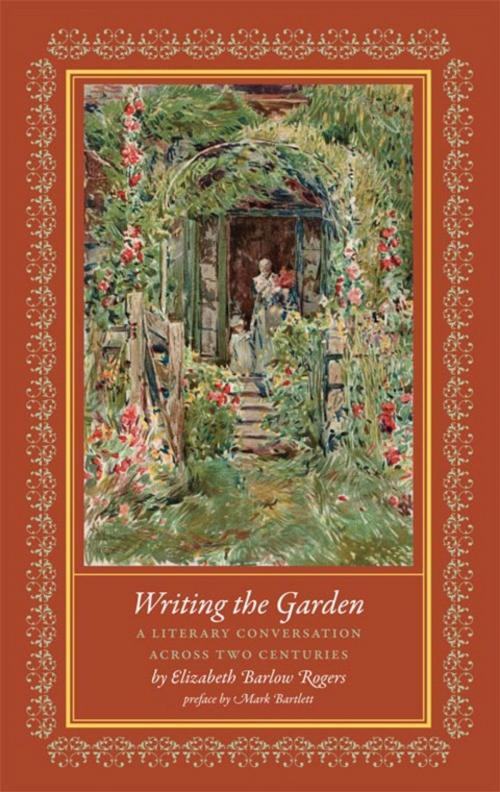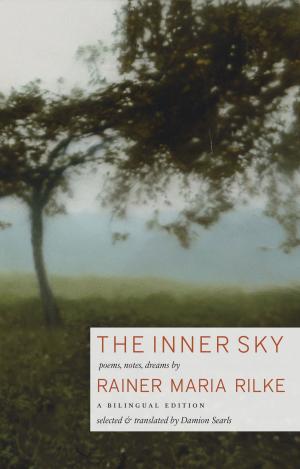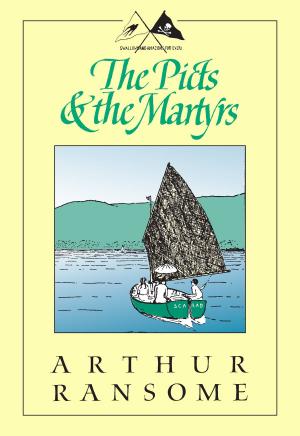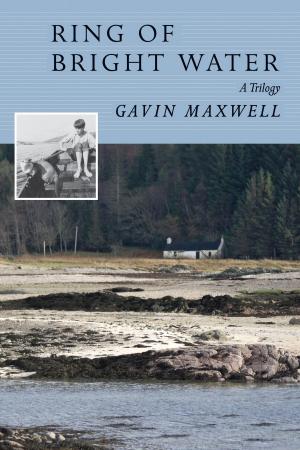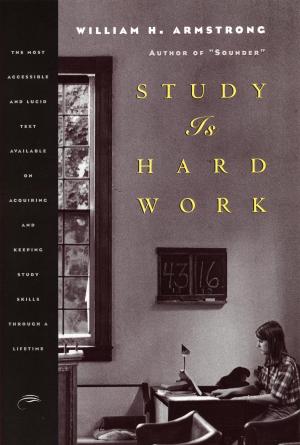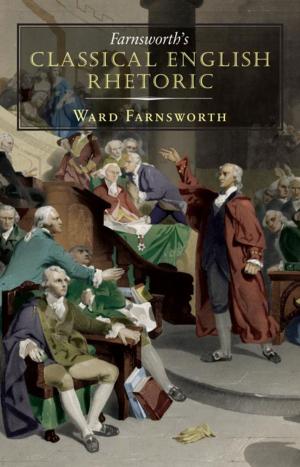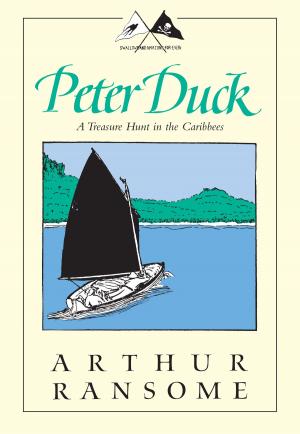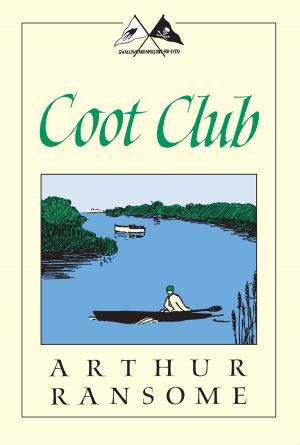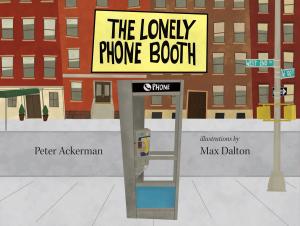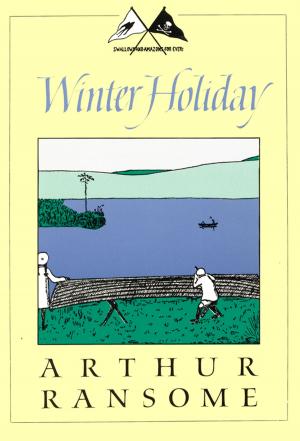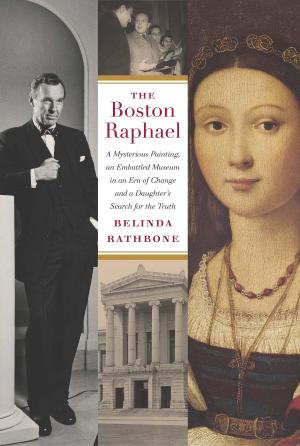Writing the Garden
A Literary Conversation Across Two Centuries
Nonfiction, Home & Garden, Gardening, Essays, Garden Design| Author: | Elizabeth Barlow Rogers | ISBN: | 9781567924619 |
| Publisher: | David R. Godine, Publisher | Publication: | October 31, 2011 |
| Imprint: | David R. Godine, Publisher | Language: | English |
| Author: | Elizabeth Barlow Rogers |
| ISBN: | 9781567924619 |
| Publisher: | David R. Godine, Publisher |
| Publication: | October 31, 2011 |
| Imprint: | David R. Godine, Publisher |
| Language: | English |
Gardening, more than most outdoor activities, has always attracted a cult of devotedly literate practitioners; people who like to dig, it would appear, also like to write. And many of them write exceedingly well. In this thoughtful, personal, and embracing consideration of garden writing, garden historian Elizabeth Barlow Rogers selects and discusses the best of these writers. She makes her case by picking delightful examples that span two centuries, arranging the writers by what they did and how they saw themselves: nurserymen, foragers, conversationalists, philosophers, humorists, etc. Her discussions and appreciations of these diverse personalities are enhanced and supported by informed appraisals of their talents, obsessions, and idiosyncrasies, and by extensive extracts from their writings. Rogers provides historical background, anecdotal material, and insight into how these garden writers worked. And wherever appropriate, she illustrates her story with images from their books, so you can not only read what they wrote but also see what they were describing. Since gardens are by their very nature ephemeral, these visual clues from the pages of their books, many reproduced in color, are as close as we will come to the originals. What makes Writing the Garden such a joy to read is that it is not simply a collection of extracts, but real discussions and examinations of the personalities who made their mark on how we design, how we plant, and how we think about what is for many one of life's lasting pleasures. Starting with "Women in the Garden" (Jane Loudon, Frances Garnet Wolseley, and Gertrude Jekyll) and concluding with "Philosophers in the Garden" (Henry David Thoreau, Michael Pollan, and Allen Lacy), this is a book that encompasses the full sweep of the best garden writing in the English language. Writing the Garden is co-published by the New York Society Library and the Foundation for Landscape Studies in association with David R. Godine, Publisher.
Gardening, more than most outdoor activities, has always attracted a cult of devotedly literate practitioners; people who like to dig, it would appear, also like to write. And many of them write exceedingly well. In this thoughtful, personal, and embracing consideration of garden writing, garden historian Elizabeth Barlow Rogers selects and discusses the best of these writers. She makes her case by picking delightful examples that span two centuries, arranging the writers by what they did and how they saw themselves: nurserymen, foragers, conversationalists, philosophers, humorists, etc. Her discussions and appreciations of these diverse personalities are enhanced and supported by informed appraisals of their talents, obsessions, and idiosyncrasies, and by extensive extracts from their writings. Rogers provides historical background, anecdotal material, and insight into how these garden writers worked. And wherever appropriate, she illustrates her story with images from their books, so you can not only read what they wrote but also see what they were describing. Since gardens are by their very nature ephemeral, these visual clues from the pages of their books, many reproduced in color, are as close as we will come to the originals. What makes Writing the Garden such a joy to read is that it is not simply a collection of extracts, but real discussions and examinations of the personalities who made their mark on how we design, how we plant, and how we think about what is for many one of life's lasting pleasures. Starting with "Women in the Garden" (Jane Loudon, Frances Garnet Wolseley, and Gertrude Jekyll) and concluding with "Philosophers in the Garden" (Henry David Thoreau, Michael Pollan, and Allen Lacy), this is a book that encompasses the full sweep of the best garden writing in the English language. Writing the Garden is co-published by the New York Society Library and the Foundation for Landscape Studies in association with David R. Godine, Publisher.
